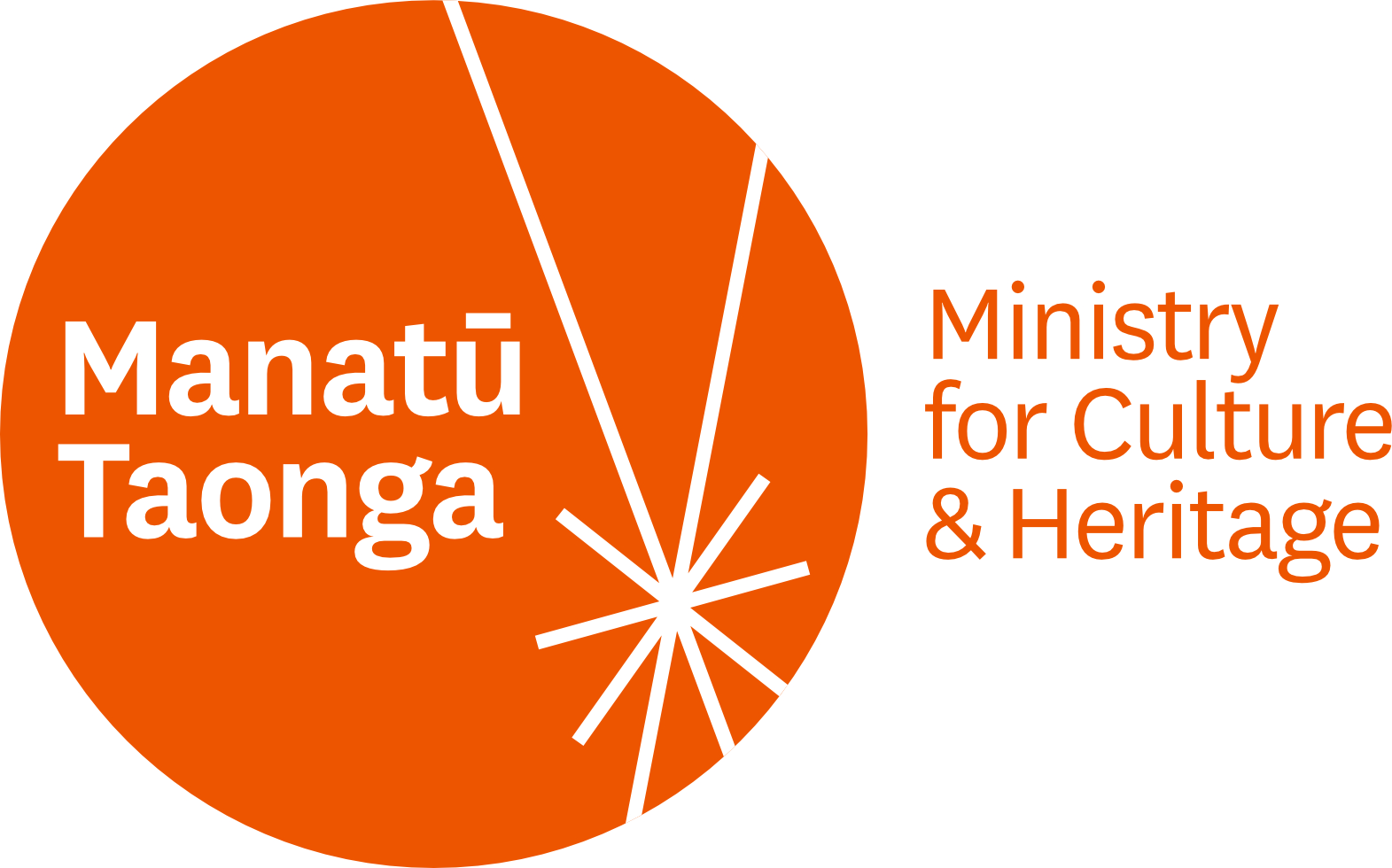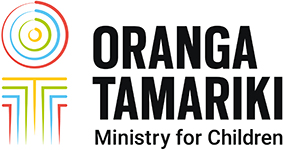“It can be unnerving to ask a question you don’t know the answer to,” says Natasha Pearce, Auckland Theatre Company’s Head of Strategy. “But asking is the only way we can create a programme that meets the needs of the community.”
Auckland Theatre Company’s question: how to make theatre accessible to neurodivergent audiences?
With the support of a grant from Arts Access Aotearoa’s one-off Accessibility Impact Fund, ATC has gone beyond its initial goal of setting up a relaxed performances programme and has embarked on a disability-led, community-focused research project to learn how it can open its doors to an audience that’s often been left out of consideration.
The Accessibility Impact Fund was made possible with funding It is supported with funding through Manatū Taonga's Regeneration Fund to Arts Access Aotearoa.
ATC’s accessible performances programme includes Pay What You Wish performances to remove cost as a barrier, with tickets available from $10 and general admission seating removing the connection between price paid and position in the auditorium.
It also provides audio described and NZSL interpreted performances.
Relaxed performances offer a more welcoming and supportive atmosphere, along with resources. They are open to everyone, and may be especially enjoyed by neurodivergent attendees.
“The idea of a relaxed performance has been on the radar of our staff-led Access and Inclusion Working Group for a number of years,” Natasha says. “In 2024 we took the plunge, and with the support of a fantastic programme provider, trialled two relaxed performances.”
The relaxed performance pilots and community research project were led by Katie Querin, an accessibility advisor (and now Arts For All Activator with Arts Access Aotearoa).
With little data available about relaxed performances geared specifically towards adults, Katie suggested combining the research project with existing plans for a second relaxed performance in October 2024.
ATC leapt at the chance to build on its heir existing work and lay down a strong foundation for future programmes.
“The only way to know what the community’s needs are is to ask them,” Nicola says. “The overlap of the research project timing and the Peter Pan relaxed performance created an opportunity for us to use that experience as the starting point for the conversation.
A panel of neurodivergent advisors attended the relaxed performance of Peter Pan and gave feedback on ATC’s future accessibility plans.
“The goal was never to build just one great relaxed performance,” Katie says. “What was so exciting with ATC’s process was the chance for direct collaboration with the community, setting up a framework to grow and evolve in partnership with neurodivergent adults rather than just for us.”
In addition to the adult advisory panel informing the research project, ATC invited a group of young autistic people to give feedback specifically on the development of the Peter Pan relaxed performance, which was geared for all ages.
The youth advisory team visited the theatre before the show to share thoughts on topics such as setting up break-out spaces, audience lighting and keeping doors open. They also attended the relaxed show.
Lead Youth Advisor Jessie, an experienced actor and theatre lover, says she really enjoyed the chance to help make shows more accessible for other kids.
“It’s important that ATC talked directly to neurodivergent kids so we could provide our input into the show and how it would be for other people like us,” Jessie says. “I liked being able to help.”
Youth Advisor Anthony also enjoyed his role and felt that his knowledge as an experienced autistic theatregoer was heard and appreciated.
His mum Stacey observed, “The advisor role gave him back some self-confidence after a lot of withdrawing over the years due to him being autistic and the way he has been treated.
“It was important to him as he likes to lift people up and include people. Being part of a process that's designed to be inclusive also showed him that people really do care about people like him.”
The youth advisors were invited to enjoy a private backstage tour after the relaxed show – a highlight for the team.
ATC is at the beginning of its relaxed performance journey.
“Our hope is that our programme will continue to improve and audiences will grow,” Natasha says. “As one of the first arts companies to develop relaxed performances for adult and late-teen audiences, we know we will get it wrong sometimes. But we hope we get it right more often and that we learn from our mistakes.
“We also hope that other organisations see that if we can offer theatre of scale and ambition and include relaxed performances in our season, then they can too.”




